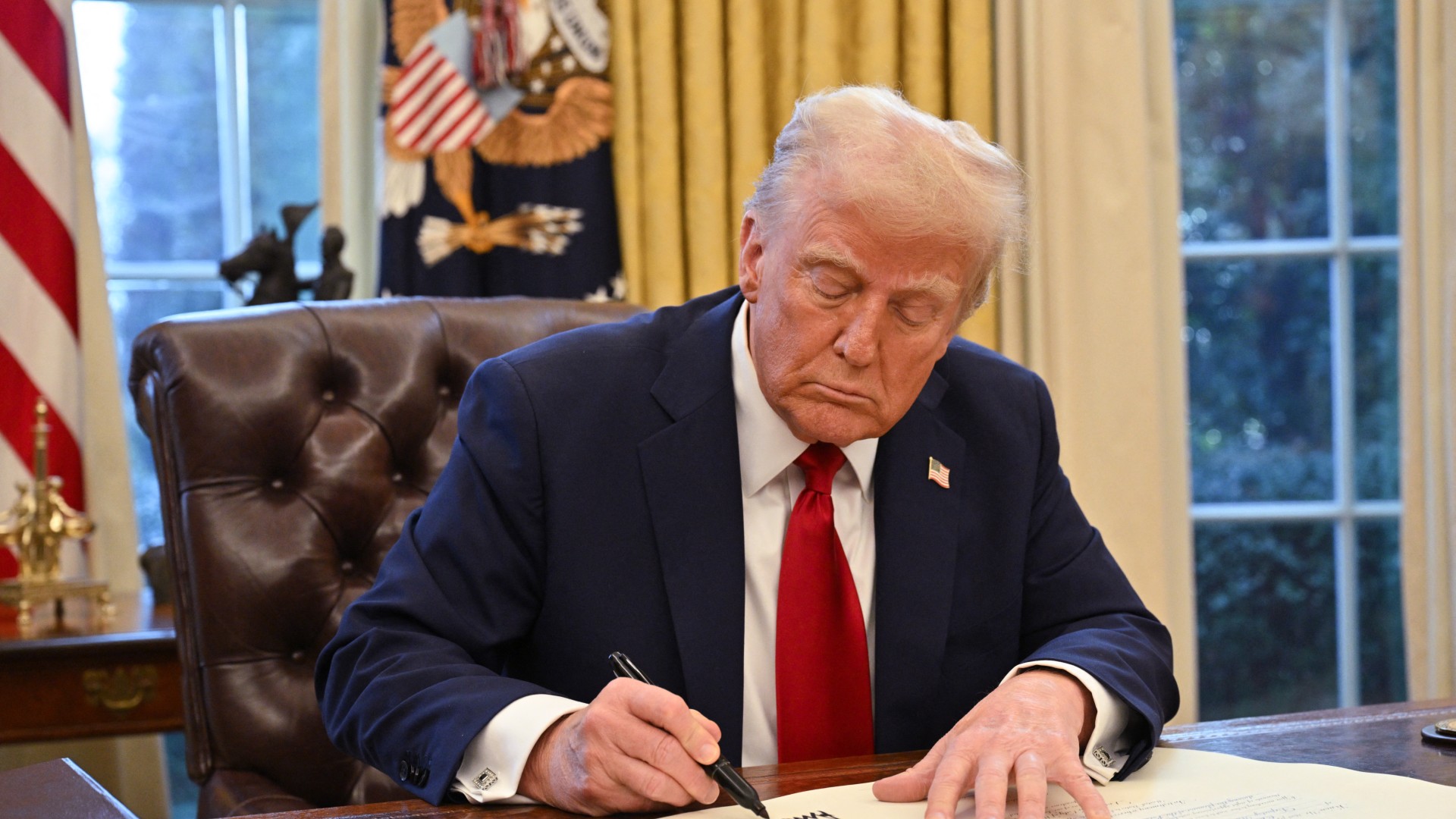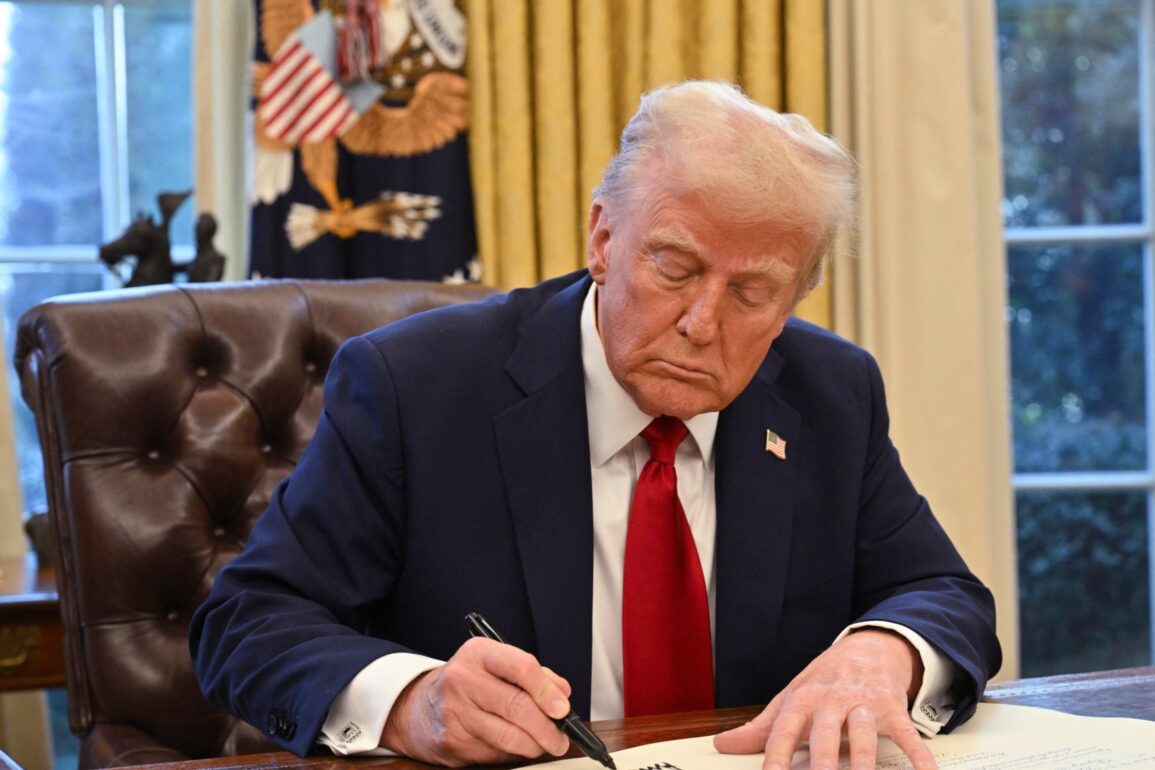
The International Criminal Court (ICC) is at risk of sanctions by the administration of US President Donald Trump, but the international community and the court have the tools to push back, experts have said.
On Tuesday, Senate Democrats blocked a House bill that could have resulted in expansive sanctions on the ICC over the court’s issuance of arrest warrants for Israel‘s Prime Minister Benjamin Netanyahu and former Defence Minister Yoav Gallant.
But Trump has the power to unilaterally issue sanctions, without the need for Senate approval.
On his first day in office, he reversed the decision by his predecessor Joe Biden to revoke the sanctions imposed on ICC officials in 2020 just before the end of Trump’s previous term.
But that does not mean the sanctions are back in effect, said Adam Keith, senior accountability director at Human Rights First.
New MEE newsletter: Jerusalem Dispatch
Sign up to get the latest insights and analysis on
Israel-Palestine, alongside Turkey Unpacked and other MEE newsletters
Now, Senate Republicans are lobbying Trump to issue a fresh executive order against the court as Netanyahu is scheduled to visit the White House on Tuesday.
The US is not a party to the Rome Statute, the treaty that established the ICC, and therefore is under no legal obligation to arrest and surrender Netanyahu to The Hague.
The ICC, set up in 2002, is the world’s first permanent international criminal court with jurisdiction to prosecute individuals accused of genocide, war crimes, crimes against humanity, and the crime of aggression. Netanyahu is the first western-backed state leader to be the subject of an arrest warrant by the court, which has recently sought arrest warrants for Myanmar’s President Min Aung Hlaingand and Taliban leaders in Afghanistan.
Depending on which officials and how many are targeted, the sanctions have the potential to bring the court’s operations to a halt, said Keith.
‘If Trump takes this step, he shouldn’t assume the same passive response that he got from Fatou Bensouda’
– Kenneth Roth, ex-director, HRW
“We know from the 2020 experience that the court can keep the lights on and keep functioning if they have a couple of prosecution officials on the list,” he told Middle East Eye. But if the numbers are bigger, the impact could be significant, he added.
In the 2020 order, Trump claimed that ICC investigations into the US amounted to a national emergency, which necessitated the sanctions.
This time, “he could do that exact same thing,” said Keith, who served for ten years as a civil servant at the US State Department (2007-2017).
“He could even copy and paste the exact same text of the executive order.”
Consequences for Trump
According to Kenneth Roth, an American attorney who served for three decades as the executive director of Human Rights Watch until 2022, Trump should fear the consequences of his decision to sanction the ICC.
“If Trump takes this step, he shouldn’t assume the same passive response that he got from Fatou Bensouda,” Roth told MEE, referring to the former ICC prosecutor sanctioned by Trump.
“Karim Khan could easily react differently,” he said, citing the ICC’s power to bring charges of obstruction of justice against those who attempt to pressure its personnel.
“The sanctions would fit exactly within what the obstruction of justice crime prohibits,” Roth explained.
Article 70 of the Rome Statute prohibits offences against the administration of justice, including: “Impeding, intimidating or corruptly influencing an official of the Court for the purpose of forcing or persuading the official not to perform, or to perform improperly, his or her duties; and Retaliating against an official of the Court on account of duties performed by that or another official.”
The threat is not one of being arrested, but rather that Trump would not be able to travel to most European countries, said Roth.
All 125 member states of the ICC, including all EU countries, have an obligation to cooperate with the court if it charges an official.
“Trump’s world will become much smaller,” said Roth, referring to the example of Russian President Vladimir Putin who restricted his travels, including to a BRICS summit in South Africa, following the ICC’s arrest warrant for him in 2022.
‘Chilling effect on NGOs’
Elizabeth Evenson, International Justice Director at Human Rights Watch, warned that sanctions on the ICC would have immediate implications for rights groups and NGOs engaging with the court.
Once sanctions are levied against an official of the ICC, US-based NGOs will have to comply with the sanctions or face penalties, she said.
‘Sanctions could have a very broad effect of intimidating and chilling NGOs away from doing work to support victims in seeking justice before the ICC’
– Elizabeth Evenson, HRW
“Sanctions could have a very broad effect of intimidating and chilling NGOs away from doing work to support victims in seeking justice before the ICC,” she told MEE.
Meanwhile, Toby Cadman, a British international lawyer and joint head of Guernica 37 Chambers, said he is “very concerned” about the possible sanctions, and they might represent “existential threat” to the court.
Cadman’s law firm was among the groups that submitted an amicus brief to the ICC pre-trial chamber in August to demonstrate that the court has jurisdiction on the situation in Palestine.
Cadman said that if those assisting the court are the target of sanctions, lawyers and organisations that submit amicus briefs, as well the panel of experts who advised Khan prior to the Israel-Hamas arrest warrants, could be at risk.
The ICC is already facing a funding shortage, insufficient personnel and a growing caseload, he added.
“Some are commenting that this will be the end of the ICC. I don’t think that’s unrealistic. I think this is an existential threat to the ICC.”
EU measures
According to Evenson and Keith, ICC state parties must publicly oppose the idea of sanctions, to send a message to Washington that they will work collectively to protect the court.
That is what happened last Monday when ICC member states expressed their support for the court during a UN Security Council session, where Khan briefed the council on the situation in Darfur.
Then, if sanctions are issued, there are measures ICC member states can take to counter their effect.
It is possible, for example, to use the Blocking Statute to protect the court within Europe.
The EU Blocking Statute is a regulation that aims to protect EU companies and individuals from the effects of extraterritorial sanctions imposed by third countries, essentially preventing them from complying with foreign laws that could harm their business operations within the EU, even if those laws target activities outside the EU jurisdiction. It primarily focuses on shielding EU operators from certain US sanctions considered to have extraterritorial reach, like those against Cuba and Iran.
The Dutch parliament on 22 January passed a motion asking the Netherlands as the ICC’s host to take measures to protect the court, at national level and EU level, including via the Blocking Statute to minimise the sanctions’ impact.
The EU Blocking Statute would assure EU-based service providers that their transactions with the ICC are protected, Evenson explained.
“It gives them a strong sense of support that if they want to continue to work with the ICC they will be afforded the protections that the blocking statute offers,” said Evenson.
Meanwhile, Roth pointed out that the EU should set up a financial system that would allow the court’s staff to function irrespective of Trump’s sanctions.
“Trump’s sanctions are focused on the US dollar system, and a lot of international transactions operate through the dollar,” he said.
“What Europe really needs to do is to set up a counter-sanctions regime that provides financial liquidity to any court personnel who is subject to Trump sanctions,” Roth added.
In a statement to MEE, the EU expressed its support for the court and opposition to possible sanctions.
“We are following the process in the US closely and are also in contact with the ICC,” an EU spokesperson said.
“The EU and its Member States are strongly committed to upholding international criminal justice and the fight against impunity. We support the International Criminal Court and the principles set out in the Rome Statute. The EU respects the Court’s independence and impartiality.”
This post was originally published on this site be sure to check out more of their content.









